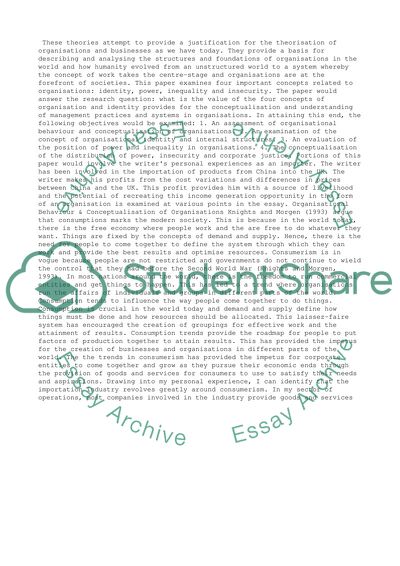Cite this document
(“Of what value are the four key concepts of Organization & Identity Essay”, n.d.)
Retrieved from https://studentshare.org/business/1465931-of-what-value-are-the-four-key-concepts-of
Retrieved from https://studentshare.org/business/1465931-of-what-value-are-the-four-key-concepts-of
(Of What Value Are the Four Key Concepts of Organization & Identity Essay)
https://studentshare.org/business/1465931-of-what-value-are-the-four-key-concepts-of.
https://studentshare.org/business/1465931-of-what-value-are-the-four-key-concepts-of.
“Of What Value Are the Four Key Concepts of Organization & Identity Essay”, n.d. https://studentshare.org/business/1465931-of-what-value-are-the-four-key-concepts-of.


